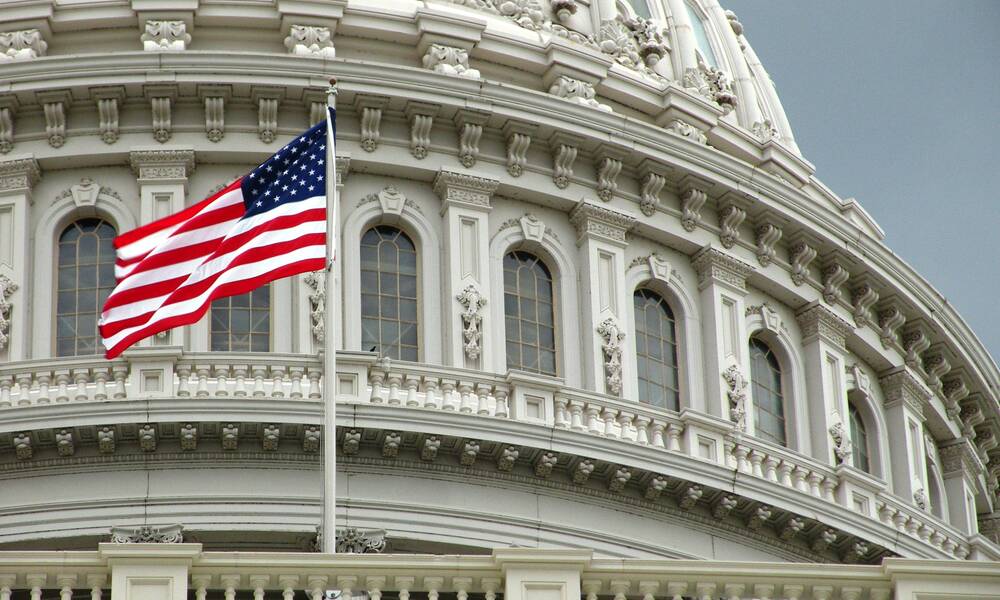
House COVID-19 Bill Includes Aid for All 501(c) Groups
The new measure, introduced by House Democrats this week, would make associations eligible for the Paycheck Protection Program and other aid during the pandemic. The bill faces stiff opposition in the Senate.
House Democrats introduced a $3 trillion coronavirus relief package this week that expands access to the Paycheck Protection Program (PPP) for all 501(c) organizations, among numerous other provisions.
ASAE and its member advocates have spent weeks urging Congress to provide specific relief through the PPP for associations impacted by the COVID-19 pandemic. All Section 501(c) organizations except 501(c)(3) entities were left out of the PPP when Congress passed the CARES Act in March.
House Speaker Nancy Pelosi (D-Calif.) and her top lieutenants drafted the massive bill this week to assist an economy that is still in a free fall amid the pandemic, with an unemployment rate close to 15 percent and rising. Pelosi’s vow to “go big” on the package came as Federal Reserve Chairman Jerome Powell said this week that the U.S. is in the midst of the “biggest shock our economy has felt in modern times” and is likely looking at an “extended period” of downturn.
Pelosi acknowledged that the bill drafted entirely by House Democrats carries a hefty price tag but defended it by saying, “We have to address [COVID-19] in a big way. The American people are worth it.”
The 1,800-page Health and Economic Recovery Omnibus Emergency Solutions (HEROES) Act, which the House plans to pass on Friday, would direct nearly $1 trillion to state and local governments and establish a $200 billion “Heroes Fund” to provide hazard pay to essential workers. It would also provide another round of direct payments to individual Americans and an additional $75 billion for coronavirus testing and contact tracing.
Other provisions include $25 billion for the beleaguered U.S. Postal Service and language to ensure that all voters can vote by mail in the November election, an idea that President Trump has said would increase the likelihood of fraud in the presidential election results.
The expansion of PPP eligibility to include associations was ASAE’s top request as legislators returned to Washington this week to vote on another round of COVID-19 relief legislation. Under the HEROES Act, any 501(c) entity with 500 or fewer employees would be able to apply for PPP funds. The bill also extends the covered period for PPP loans to December 31, 2020, and PPP loans could be stretched over 24 weeks instead of the eight weeks established by the CARES Act. The package calls for improved coordination between the PPP and the employee retention tax credit to ensure borrowers can take advantage of both types of assistance.
House passage of the bill would be a significant development for assistance-needy associations, but Senate Republicans have already panned the legislation as a Democratic “wish list” and not an opening bid for a negotiated next wave of relief. Many Republicans want to pause on additional COVID legislation until June at the earliest.
Senate Majority Leader Mitch McConnell (R-Ky.) criticized the HEROES Act as “aspirational” and “exactly the wrong approach.” McConnell is working on liability protections to shield businesses from lawsuits by employees who might become infected by the coronavirus while at work.
Following House action this week, ASAE will pivot to the Senate to reinforce the need for swift action on expanding the PPP to include associations.
“Associations have been working to help prop up the nation’s essential industries and professions without a financial safety net during the COVID-19 pandemic, and many are struggling to maintain basic operations such as payroll, mortgages, and rent,” said ASAE President and CEO Susan Robertson, CAE. “Elements of this package will obviously require reconciliation with the Republican-controlled Senate where there is bipartisan support for assisting the association community during this economic crisis. ASAE urges Congress to act swiftly to resolve differing priorities in the next round of COVID relief legislation and affirm the support associations need to weather this pandemic.”
(Alejo/iStock/Getty Images Plus)






Comments